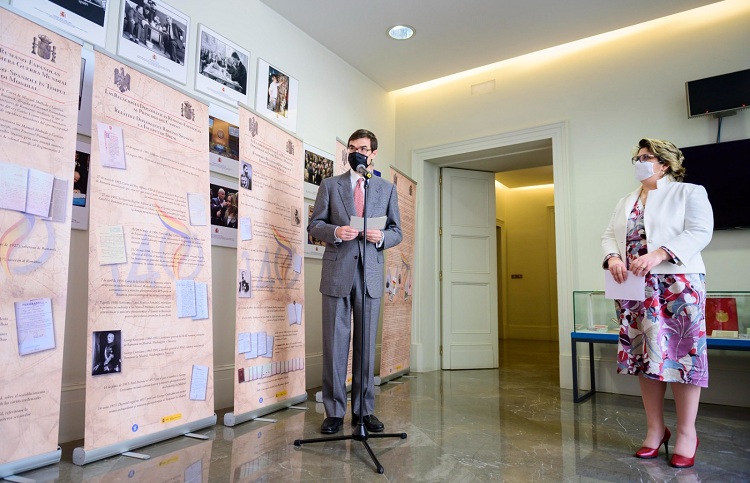The Diplomat
The State Secretary for International Cooperation, Ángeles Moreno Bau, supported yesterday before her EU colleagues the reform of the European system of financial cooperation for development.
Moreno Bau participated yesterday in an informal telematic meeting of the ministers of development of the European Union, which addressed a proposal of the European institutions for the implementation of a more coherent political and financial architecture of international cooperation that takes advantage of existing resources and strengths, according to the Ministry of Foreign Affairs.
The aim of the reform is to achieve greater efficiency by boosting public investment and mobilizing private capital, as well as strengthening capacities and technical assistance. This is achieved through the Team Europe approach, which emerged in the wake of the pandemic and promotes joint international cooperation initiatives between the European Union, Member States and European financial institutions, with greater impact and visibility of European development cooperation policy.
This debate takes place in the context of the launching of the new Neighborhood, Development and International Cooperation Instrument (NDICI), now known as Global Europe. This instrument of European external action, according to the Ministry of Foreign Affairs, is “the cornerstone of European development cooperation policy, unifying the various existing funds and giving new impetus to financial cooperation for development”. Global Europe aims to multiply the impact of traditional development aid funds and has a budget of 79.5 billion euros for the period 2021-2027.
During her speech, the Secretary of State defended “the consolidation of a system in which the synergies and complementarities between the different actors involved converge and maximize the impact on development”. Likewise, Ángeles Moreno stressed the importance of the Team Europe brand, which must go “beyond the use of common labels and delve into a profound reform of the current system”. For this reason, the Secretary of State defended an improvement in the exchange of information between financial institutions, the establishment of incentives for projects with greater risk and impact, and a level playing field between financial institutions that finance development projects.







